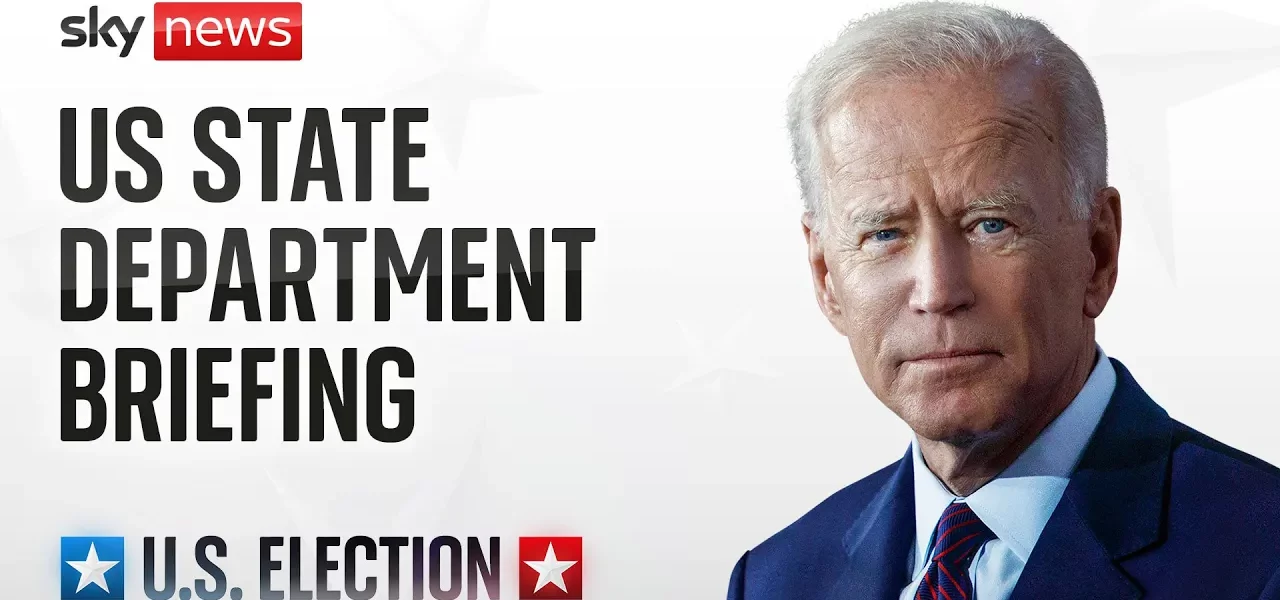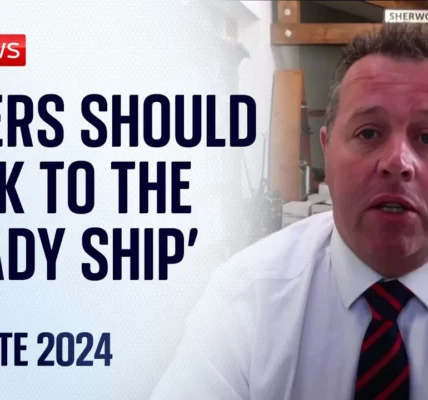BS on Israel Following H’s Killing

This article provides a comprehensive overview of the recent statements and actions by U.S. officials regarding the ongoing conflict in Israel and Gaza, particularly in the wake of significant military actions and diplomatic efforts aimed at achieving a ceasefire. The United States remains committed to supporting Israel while working towards minimizing civilian casualties.
Introduction
The recent killing of H has intensified the ongoing conflict in the Middle East, drawing attention to the complex dynamics between Israel, Hamas, and U.S. diplomatic efforts. In a series of statements, U.S. officials have reiterated their support for Israel’s right to defend itself while simultaneously expressing concern over civilian casualties and the urgent need for diplomatic solutions. This article explores the multifaceted aspects of this situation, including military actions, humanitarian implications, and the role of U.S. diplomacy.
U.S. Commitment to Israel
U.S. officials, including President Biden and Secretary Blinken, have emphasized their unwavering support for Israel, particularly in the context of self-defense. This commitment involves several key components:
- Military Support: The U.S. has deployed robust military capabilities to the region to bolster Israel’s defense mechanisms.
- Diplomatic Engagement: Continuous dialogue with regional partners to promote ceasefire negotiations and de-escalation of violence.
- Humanitarian Concerns: Advocating for measures to minimize civilian casualties and provide relief to affected populations in Gaza.
Ceasefire Talks and Diplomatic Efforts
In light of the escalating conflict, U.S. officials have underscored the necessity of resuming ceasefire talks. The following points summarize the current diplomatic landscape:
Expectations for Negotiations
Despite the volatile situation, the U.S. remains optimistic that talks will proceed. Key aspects include:
- Encouraging Hamas to release hostages, including American citizens.
- Working with partners like Egypt and Qatar to facilitate the negotiation process.
- Maintaining pressure on Hamas to engage constructively in ceasefire discussions.
Challenges Ahead
While the U.S. expresses hope for progress, challenges remain:
- Hamas’s reluctance to participate in talks following recent escalations.
- Internal divisions among Palestinian factions that complicate negotiations.
- The overarching threat of further military actions that could derail diplomatic efforts.
Civilian Casualties and Humanitarian Impact
The impact of military operations on civilians has become a focal point in discussions. Recent incidents, such as the strike on the Al-Ahbab School in Gaza, have raised alarm over the number of civilian casualties. Key considerations include:
Assessment of Casualties
Reports indicate a disparity in casualty assessments, with U.S. and Israeli accounts often conflicting:
- The Health Ministry in Gaza reported a significantly higher death toll compared to Israeli military claims.
- Concerns about the accuracy and credibility of information provided by both sides.
International Humanitarian Law
The principle of proportionality under international humanitarian law is crucial in evaluating military operations. Important points include:
- Military actions must be necessary to achieve a legitimate military objective.
- Civilian harm must be minimized, even during operations targeting combatants.
- Accurate reporting and transparency are essential for accountability.
Conclusion
The ongoing conflict between Israel and Hamas presents significant challenges for U.S. diplomacy and regional stability. As the situation evolves, the U.S. remains committed to supporting Israel while advocating for the protection of civilians and the pursuit of diplomatic solutions. It is imperative for all parties involved to engage in constructive dialogue and prioritize humanitarian concerns. We encourage readers to stay informed about developments in this critical region and advocate for peaceful resolutions.
“`




